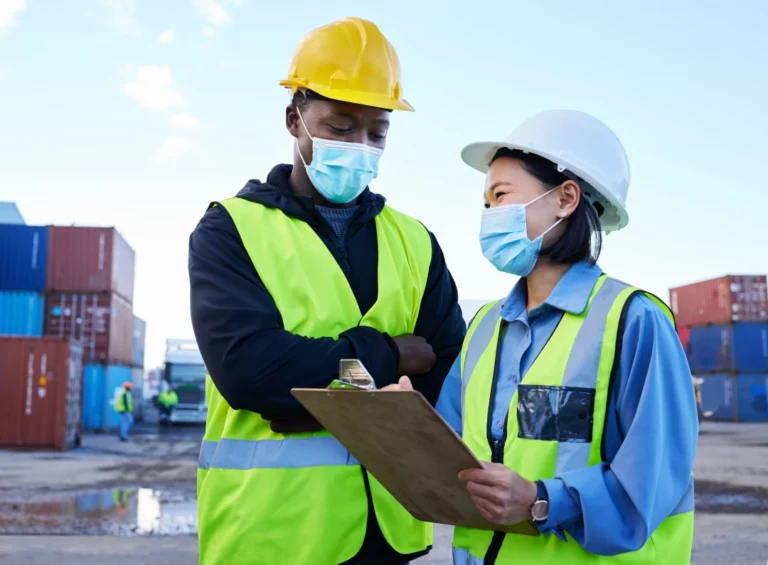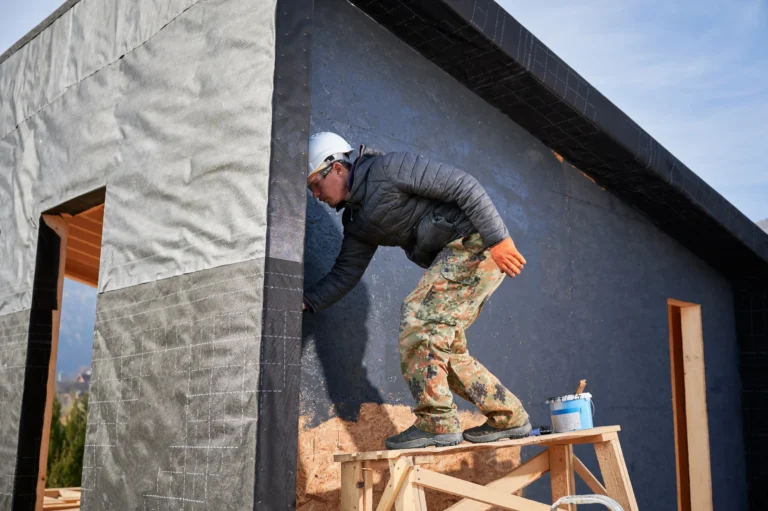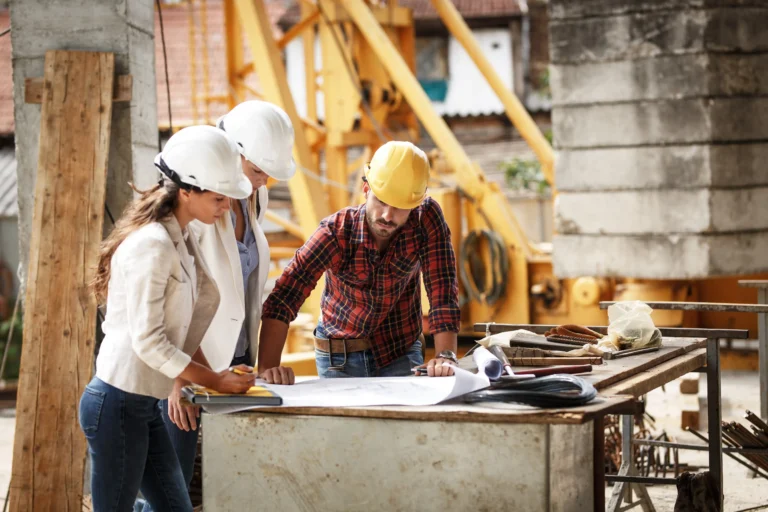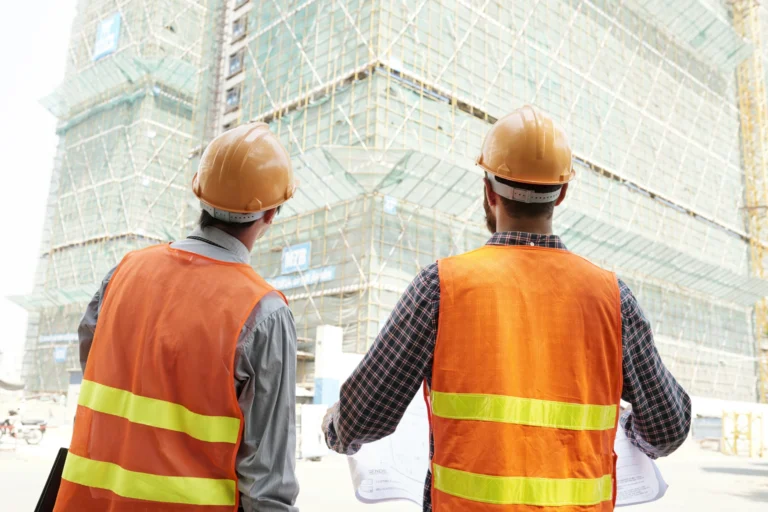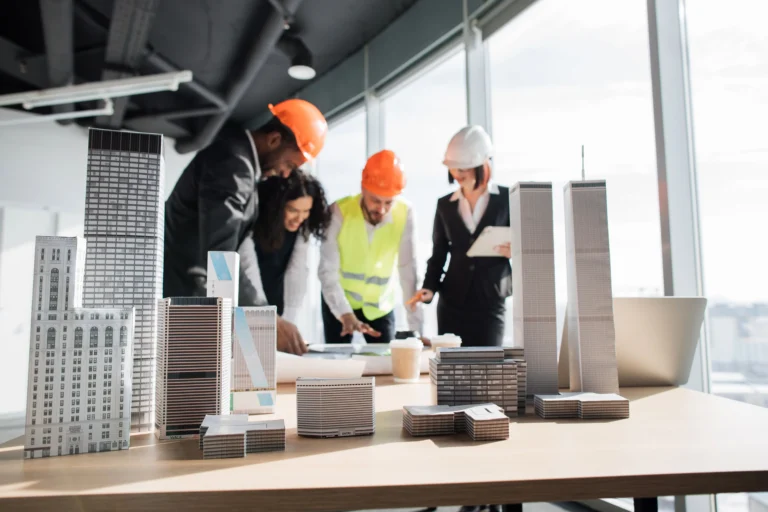Introduction:
In the ever-evolving construction industry, various trends are reshaping the landscape and influencing how projects are planned, executed, and managed. From technological advancements to sustainability initiatives, understanding these trends is essential for staying competitive and embracing opportunities for growth. Here, we’ll explore key trends shaping the future of construction:
Sustainable Construction Practices:
Emphasis on sustainability is driving the adoption of eco-friendly construction practices, materials, and technologies. From green building certifications to energy-efficient designs and renewable energy integration, sustainability is becoming a core consideration in construction projects.
Digital Transformation:
The construction industry is undergoing a digital transformation, with the widespread adoption of Building Information Modeling (BIM), virtual reality (VR), drones, and other digital tools. These technologies enhance project visualization, collaboration, efficiency, and accuracy throughout the project lifecycle.
Modular and Prefabricated Construction:
Modular and prefabricated construction methods are gaining popularity due to their ability to reduce construction time, minimize waste, and improve quality control. Prefabricated components are manufactured off-site and assembled on-site, streamlining construction processes and accelerating project delivery.
Advanced Materials and Technologies:
Innovations in construction materials and technologies, such as 3D printing, carbon fiber composites, and self-healing concrete, are enabling the construction of more resilient, durable, and sustainable structures. These advanced materials offer superior performance and longevity compared to traditional building materials.
Off-Site Construction and Modularization:
Off-site construction and modularization are revolutionizing the way buildings and infrastructure are constructed. By moving construction activities off-site to controlled factory environments, companies can increase productivity, reduce costs, and improve safety on construction sites.
Emphasis on Safety and Wellness:
Safety and wellness initiatives are becoming integral to construction projects, with a focus on promoting a culture of safety, implementing stringent safety protocols, and enhancing worker well-being. Technology-enabled safety solutions, such as wearables and real-time monitoring systems, are helping improve safety outcomes on construction sites.
Resilience and Disaster Mitigation:
With the increasing frequency and severity of natural disasters, resilience and disaster mitigation are gaining importance in construction practices. Resilient design principles, such as flood-resistant structures, earthquake-proof buildings, and climate-adaptive infrastructure, are being incorporated into construction projects to enhance resilience to extreme weather events and other hazards.
Collaborative Project Delivery Models:
Collaborative project delivery models, such as Integrated Project Delivery (IPD) and Design-Build (DB), are gaining traction as alternatives to traditional project delivery methods. These models promote collaboration, transparency, and shared risk among project stakeholders, leading to better project outcomes and greater efficiency.
Conclusion
In conclusion, the future of construction is characterized by a combination of technological innovation, sustainability, safety, resilience, and collaboration. By embracing these trends and leveraging the latest advancements in construction practices and technologies, the industry can address current challenges, meet evolving market demands, and build a more sustainable and resilient built environment for future generations.

